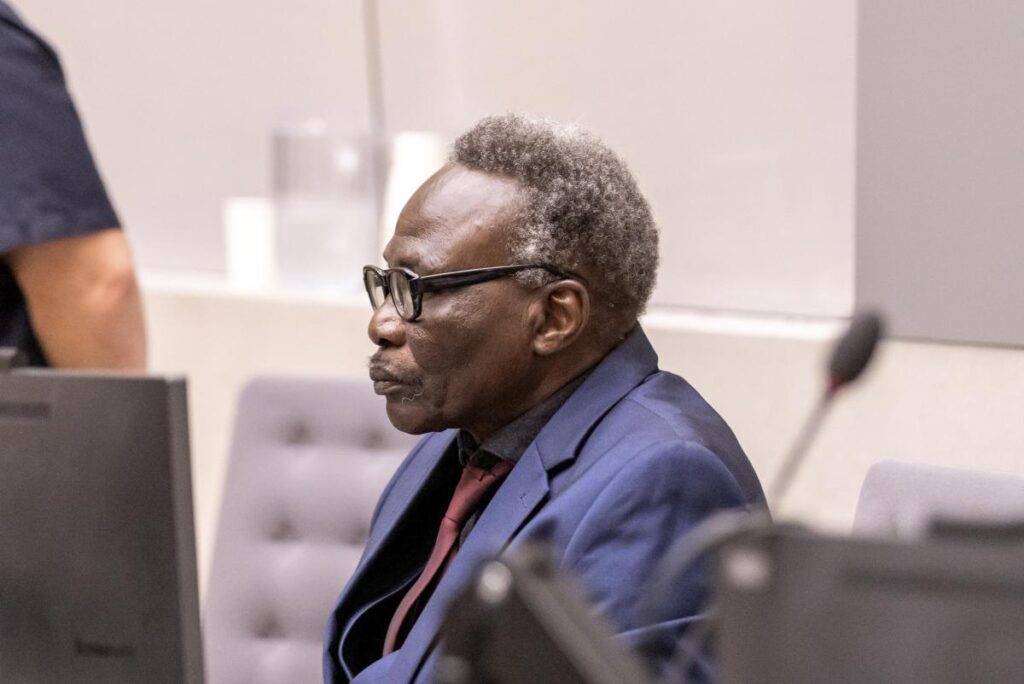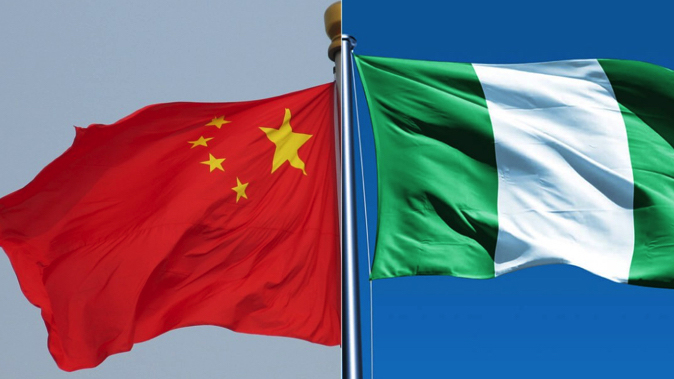
… First for Darfur Atrocities
THE HAGUE – In a historic ruling two decades in the making, the International Criminal Court (ICC) convicted a Janjaweed militia leader on Monday, marking the first time the court has held a senior figure accountable for the genocide and war crimes that ravaged Sudan’s Darfur region.
The conviction of Ali Muhammad Ali Abd-Al-Rahman, widely known by his feared moniker Ali Kushayb, on 27 counts of crimes against humanity and war crimes breaks a long-standing impunity for the atrocities committed in the early 2000s. The verdict was hailed by victims and human rights groups as a critical, if belated, step toward justice.
“This is an important acknowledgment of the enormous suffering endured by the victims of his heinous crimes,” said U.N. rights chief Volker Turk.
Presiding judge Joanna Korner delivered a unanimous and damning verdict, detailing how Abd-Al-Rahman commanded militias that carried out a systematic campaign of violence. The court dismissed his defense of mistaken identity, finding that he personally ordered the murder, rape, and persecution of non-Arab tribes.
“He encouraged and gave instructions that resulted in the killings, the rapes and destruction committed by the Janjaweed,” Judge Korner stated, adding that he explicitly commanded his soldiers to “wipe out and sweep away” non-Arab tribes and told them, “don’t leave anyone behind. Bring no one alive.”
The case, referred to the ICC by the U.N. Security Council in 2005, had languished for years, becoming a symbol of the court’s struggles to apprehend high-profile suspects. This conviction is the first and only trial for Darfur crimes to reach a conclusion, making it a landmark for international justice.
For victims displaced for over two decades, the ruling was a moment of vindication. In the Kalma camp in South Darfur, displaced families gathered around a Starlink terminal to watch the hearing.
“We have been waiting for more than 20 years for this day,” said one elderly man.
Jamal Abdallah, 32, who was first displaced as a child in 2003 and again by renewed conflict in 2023, called the ruling a “victory for justice.” He drew a direct line from the lack of accountability for the Janjaweed to the current crisis in Sudan, noting, “The same people who were there in the 2000s are in the RSF now. The reason they repeat their crimes is lack of accountability.”
The conviction sends a powerful signal regarding other outstanding ICC warrants, including one for former Sudanese President Omar al-Bashir. However, the ruling arrives amid a devastating new conflict in Sudan, underscoring the cyclical nature of violence when justice is delayed.
A sentencing hearing for Abd-Al-Rahman will be scheduled at a later date.






More Stories
Nationwide Internet Blackout In Cameroon Amid Post-Election Unrest
U.S.-Backed Joint Forces Strike Al-Shabaab Strongholds in Major Offensive
DR Congo Confirms New Ebola Outbreak as WHO Rushes Supplies and Vaccines to Remote Region